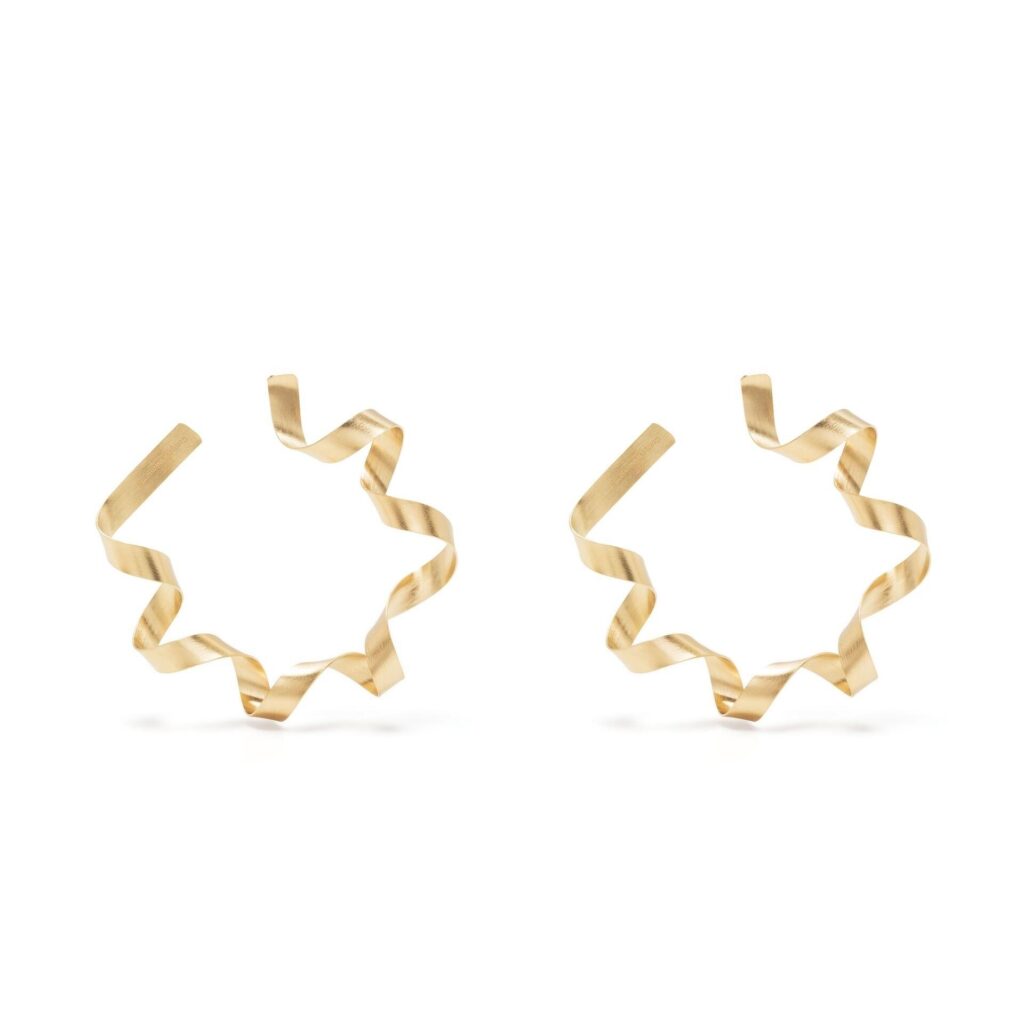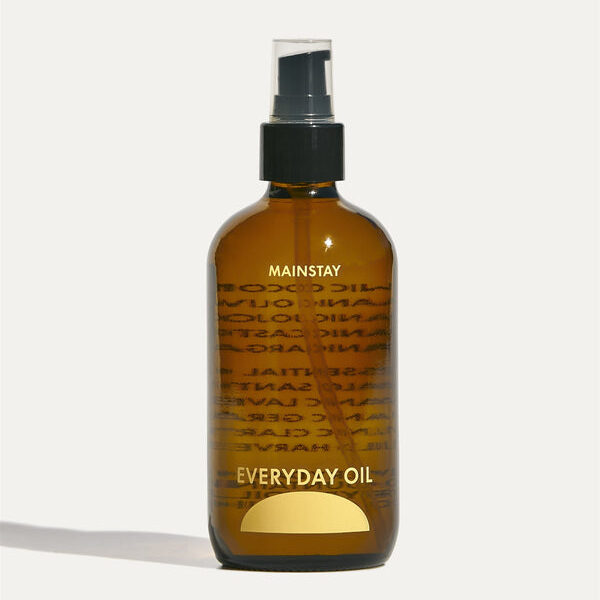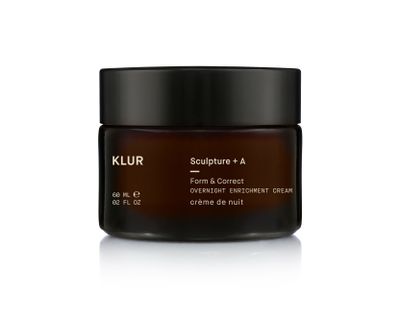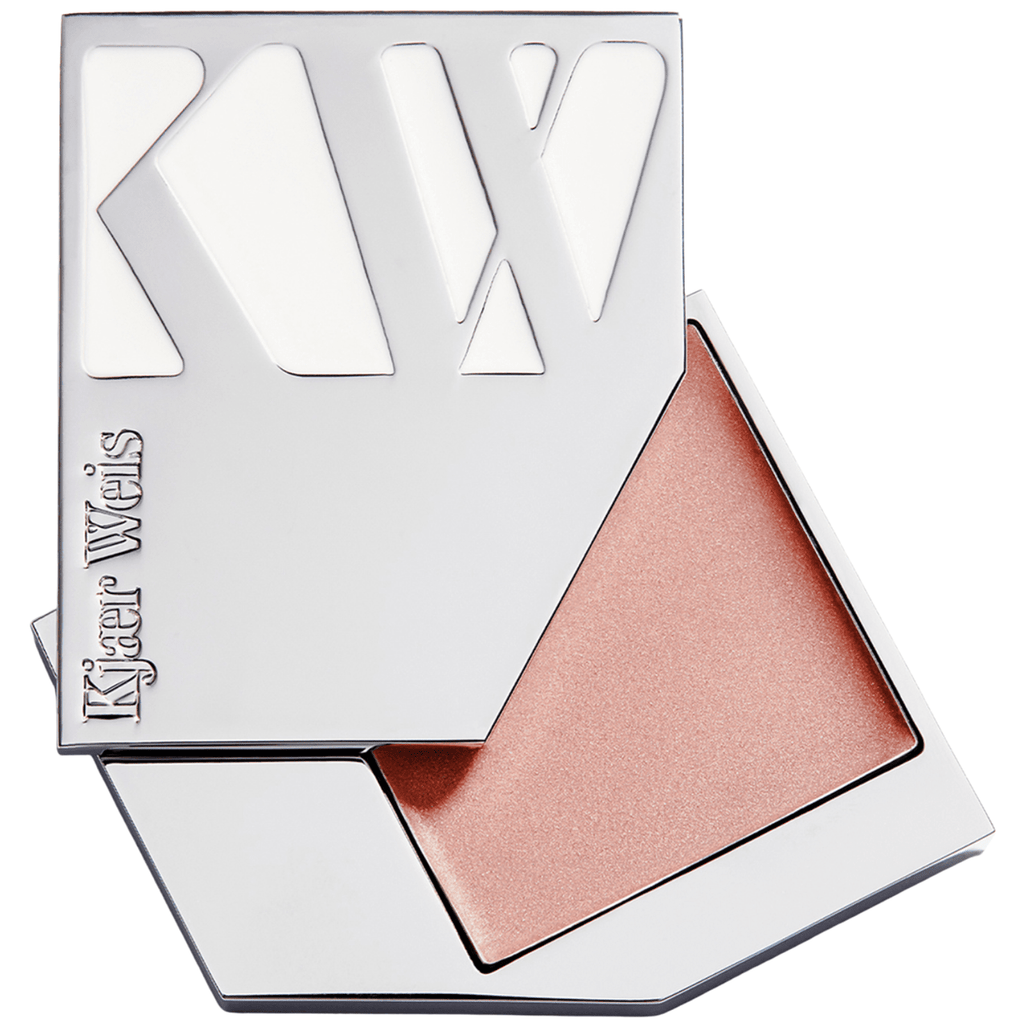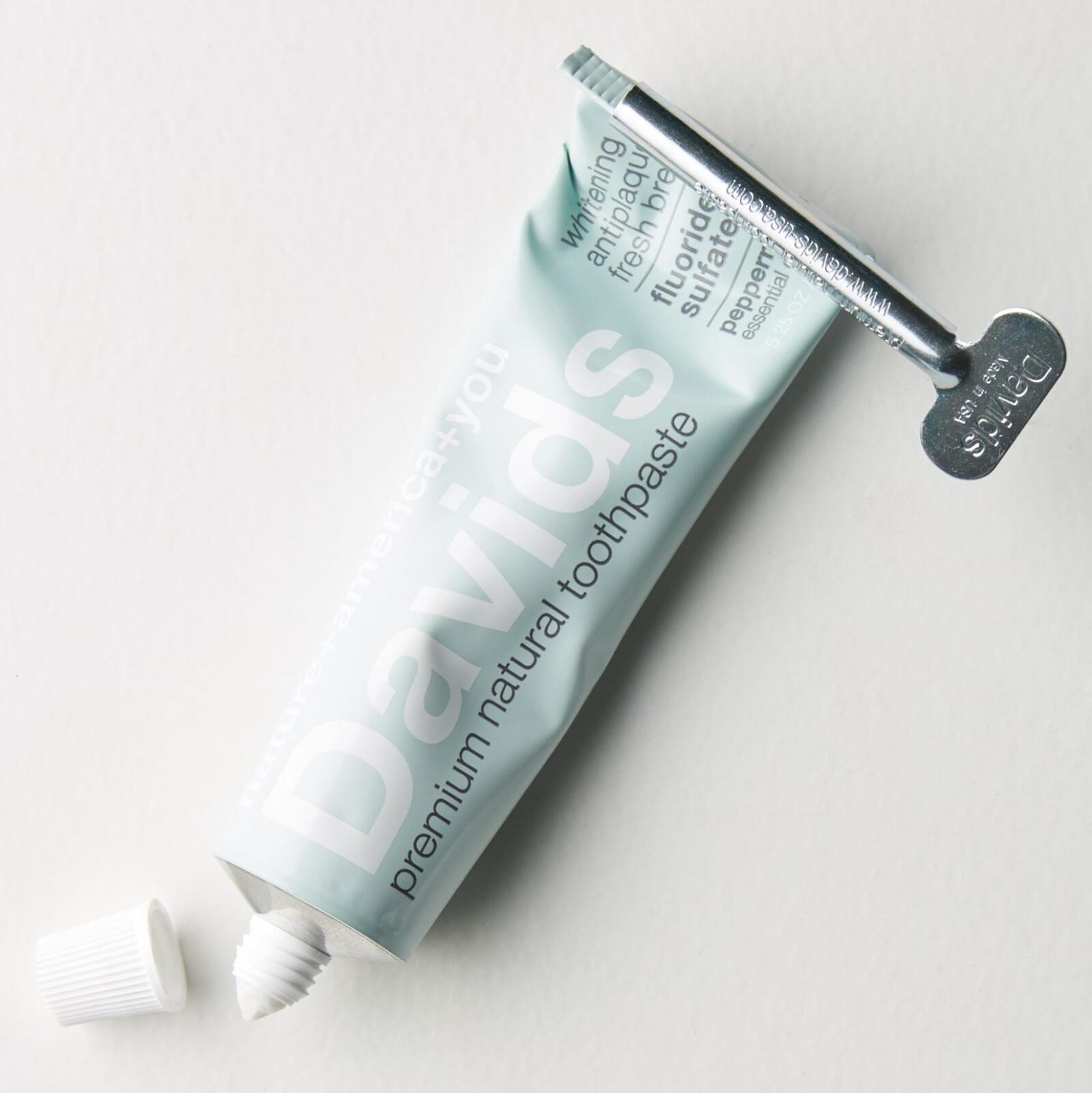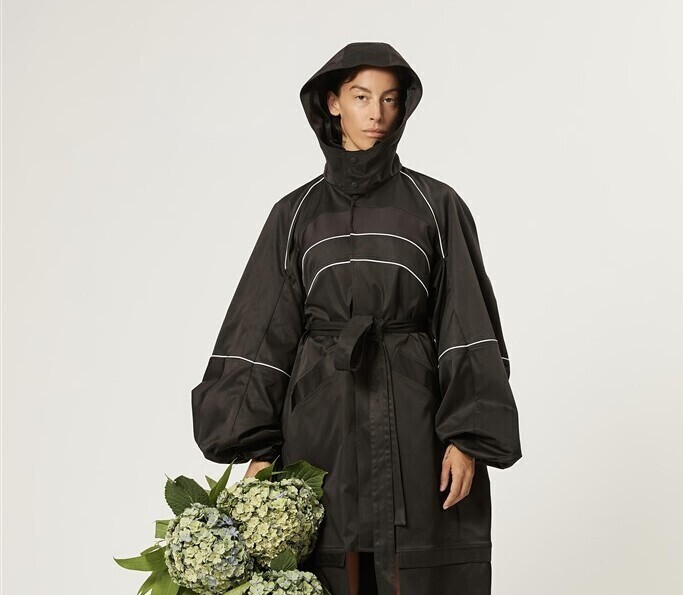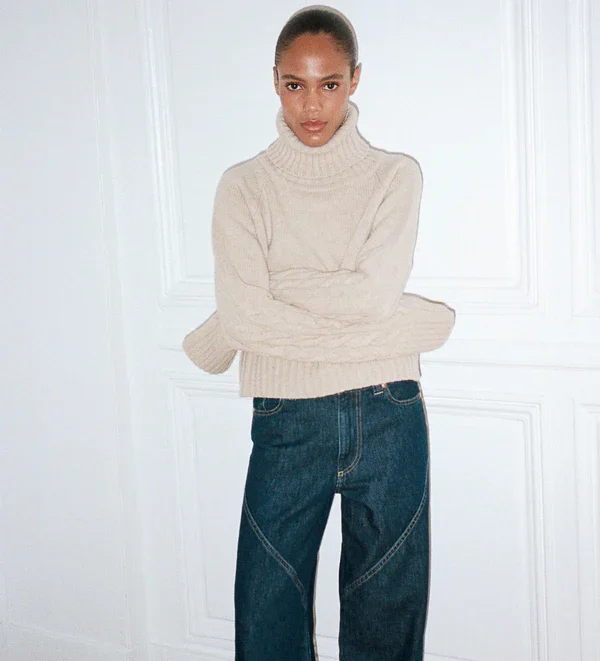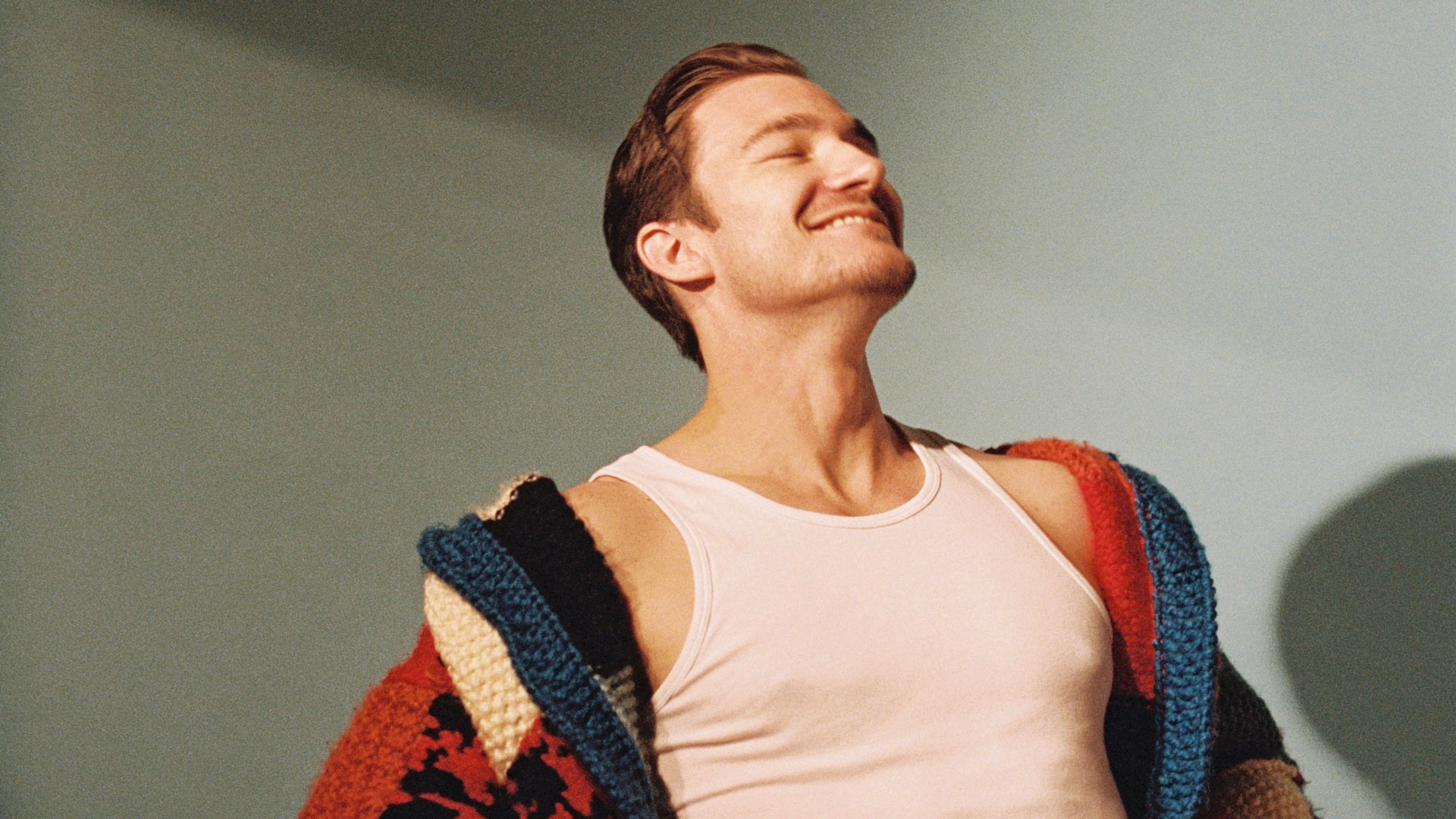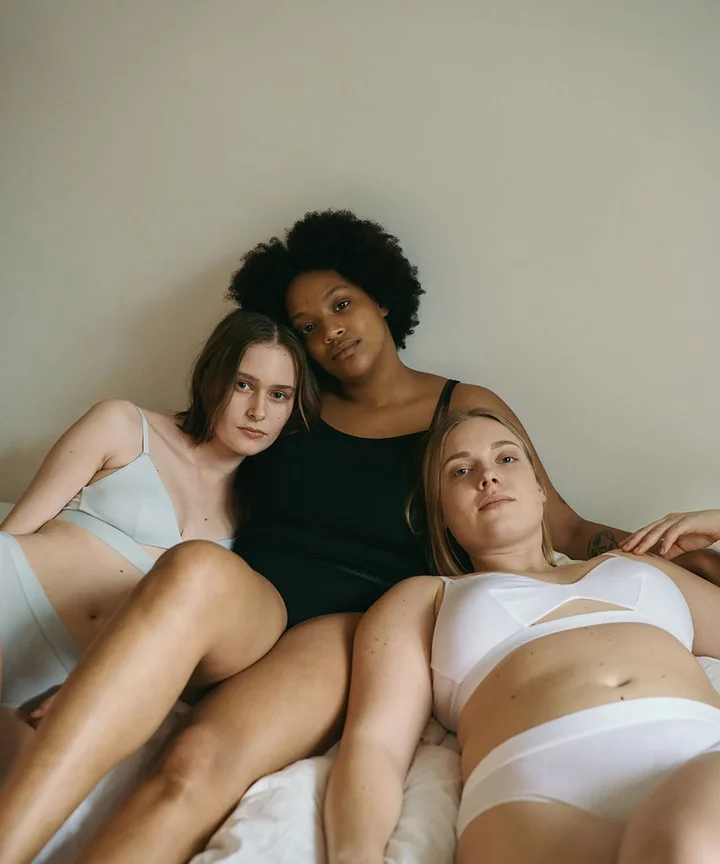the unwash: social impact
It feels like every brand is coming out with different collaborations in an attempt to create allure and cultivate consumer activity, though it’s less of a feeling and more of a reality. The tactic is nothing new but the latest trend, if you dare call it that, is celebrity and influencer-backed sustainable collections for fast fashion companies. An oxymoron at best. Whether it be celebrity-backed or not, sustainable capsule collections among fast fashion mega brands are turning into common practice. Even resale programs from brands such as Shein, Pretty Little Thing, and Zara meant to make for easier sustainable shopping launched last year but in reality, are riddled with mixed messages and greenwashing tactics. These collaborations and collections mark a shift in consumer interest yet fall flat on providing a meaningful outcome.
The 2022 Boohoo announcement naming Kourtney Kardashian as the brand’s new sustainability ambassador had everyone rubbing their eyes making sure they read the headlines right. In 2020 the brand came under fire for unethical labor practices where it was found that workers were being paid as little as £3.50 an hour. Boohoo was also involved in a class action lawsuit with other fast fashion brands Pretty Little Thing and Nasty Gal for inflating original prices to make a greater profit on sale items. In the same year, Vice found that Boohoo releases as many as 700 new garments a week. The Kourtney Kardashian ambassadorship was meant to start the process of the company turning a new leaf to have more sustainable and ethical actions. Even for this collection the sustainability efforts were minuscule at best and still used fabrics such as polyester that does not biodegrade such as natural fibers. This wasn’t a surprise or even much of a shock, rather the controversy came from the marketing around it being labeled as a ‘sustainable’ collection garnered angry reactions but wasn’t anything new in terms of the mega-celebrity fast fashion deal that we see on repeat.
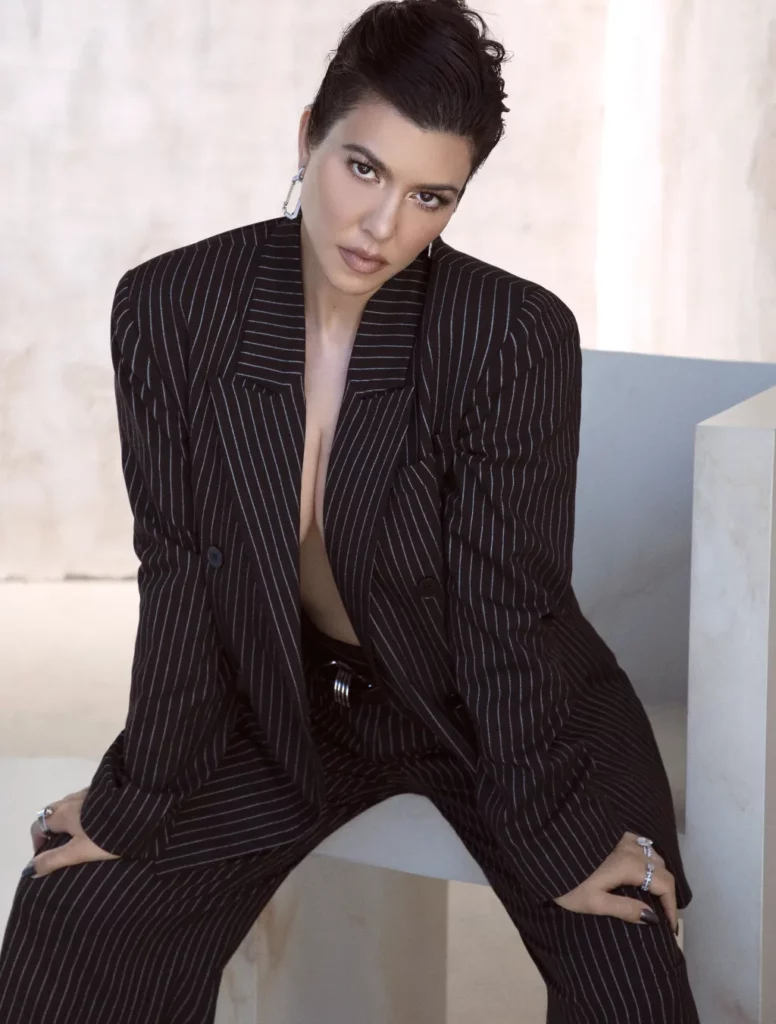
“Using massive celebrity influence to sell more stuff will never be the solution, no matter how much recycled material is used.” – Diet Prada
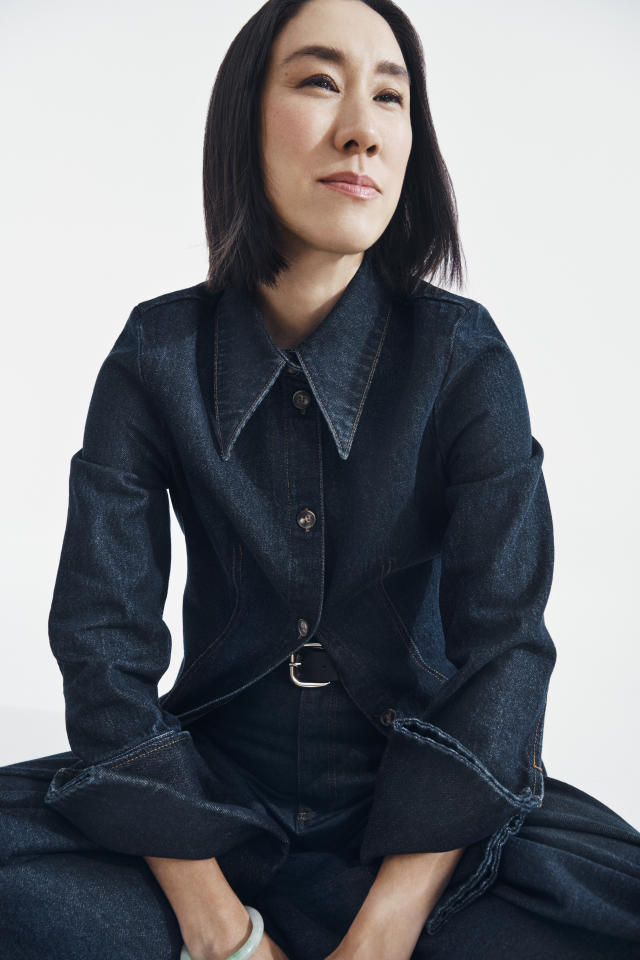
Just this month Eva Chen announced her ‘sustainable’ line with H&M. Eva currently resides as the Director of Fashion Partnership at Instagram and has a long history as a journalist at publications such as Vogue China, Elle, and the Wall Street Journal. As an onlooker, this made this announcement far more jarring than the ones we’ve seen in the past. This is an individual with a deep understanding of the fashion industry and the detriment fast fashion has caused, not an influencer or celebrity who may not be as well versed. H&M is a bit of a fast fashion anomaly. They’ve mastered greenwashing beyond compare and their Scandinavian roots give them a greater ability to disguise their questionable practices. The brand being a major fast fashion perpetrator often goes unnoticed by consumers. Just last year the brand was sued over their misleading sustainability claims including ‘environmental scorecards’ and ‘sustainability profiles’ for products. As of late, a year after the lawsuit scandal, the brand received a mediocre score from Impakter Sustainability Analysis stating the need to take greater action that aligns with their claims. The Eva Chen collaboration is a children’s collection putting it in an uncomfortable position to criticize. The comments on Eva’s personal Instagram announcing the campaign included people calling out greenwashing “Greenwashing is still a thing huh?”, “#greenwashing” and others asking where the clothes are made or if garment workers will be paid fairly. This included a partnership for the line with Slow Factory which marked a disappointed response from climate and sustainable fashion advocates, One commenter said “I’m so confused, why would @slowfactory partner with such a giant in fast fashion responsible for so much pollution, waste, and human devastation? Can you guarantee these new pieces will be made by garment workers who will be fairly paid? Treated fairly?”. A collaboration like this is great in theory but provides no systemic change. At the end of the day, this is greenwashing and H&M is still a fast-fashion giant that will continue to produce unsubstantiated sustainability claims until greater regulations occur.
The Slow Factory partnership is something we are seeing more often as some textile innovation companies or other innovation brands work to bring more sustainable resources to fashion. It’s easy to want to shame these collaborators especially when outside of this instance are doing remarkable work while on the other hand, there’s an acknowledgement of both the financial opportunity and ability to reach a larger audience through these opportunities. Ultimately it’s not the brand’s fault that the market and demand for fast fashion have made it so that smaller companies have to compromise their values for monetary needs.
These collaborations prompt larger discussions around disclosure information, ethical production, and sustainability standards. To make it simple, a sustainable line from a fast fashion brand isn’t true sustainability, or even close to it. Fast fashion brands provide easy accessibility with their wide size range, low cost, and fast shipping but this comes with a human and environmental cost that is so often ignored by both consumers and the brands themselves. Celebrity-endorsed sustainable collections are the new greenwashing tactic to continue to lure in consumers especially those who are on the precipice of making more conscious purchases but aren’t armed with proper information on greenwashing to combat the impressive yet misleading marketing. So what can we do? Education and information are crucial, especially in a disinformation age. Taking a moment to truly question if and why we need something is second. Embracing slow fashion also means to slow down. Fast fashion gets us by pushing the consumer to make fast and easy purchases with no thorough thought. Not everything is worth a click or worth your money even if it seems like a great step towards a more sustainable future in fashion. Take a moment to understand the possible implications of your purchase and what it means to support these so-called sustainable collections.
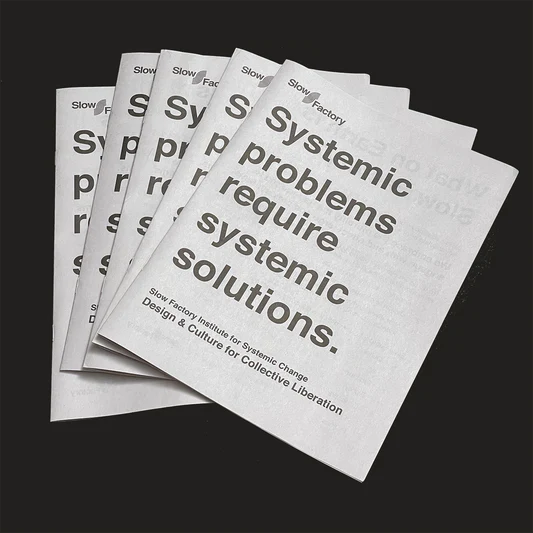

01
Completedworks
Completedworks uses reclaimed, recycled, and ethically sourced materials such as marble, glass, bio-resin, and silver. The brand proves you don’t have to compromise design and style for sustainable practices but rather that the two can work in harmony to create timeless, wearable pieces. Sustainability is at the core of the brand’s ethos and the brand is committed to ensuring there is little to no negative environmental impact resulting from its products or shipping process.
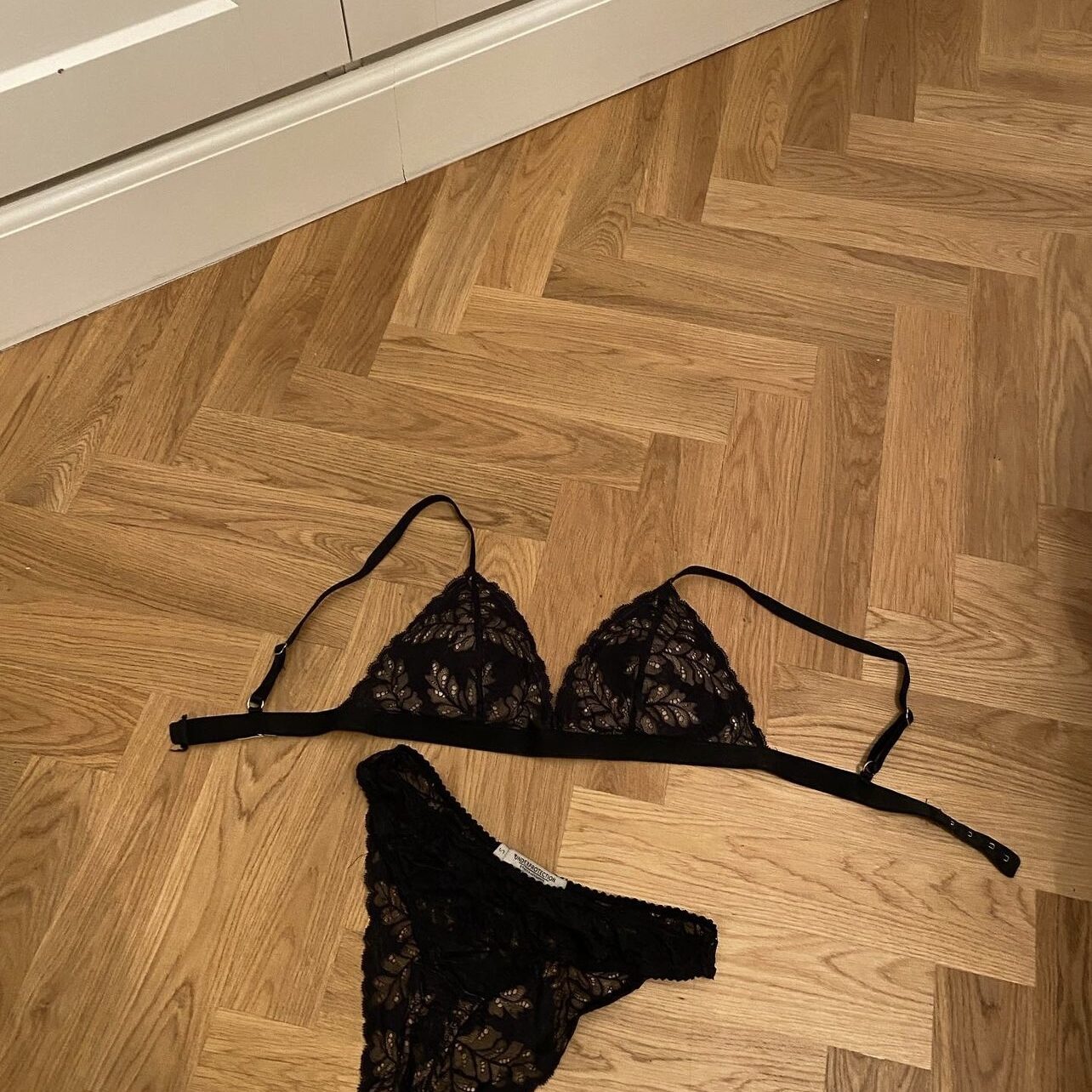
02
Underprotection
Underprotection makes sustainability sexy with its environmentally conscious lingerie line. Based out of Copenhagen, the founders saw the need for a sustainable option for something we need every day – underwear. The brand came into the industry with hopes of sparking change as they were one of few sustainable options on the market. As the brand has grown they have stayed true to their commitment to being a sustainable, ethical, and high-quality choice for intimates.

03
Backbeat Co.
Back Beat Co. puts action behind its mission. Unethical business practices are rampant in the clothing industry, and Alvarez is looking to make a change. Back Beat Co. is doing more than just creating sustainable clothing but is ensuring that every step in the process supports conscious consumerism. Back Beat Co. is a “people, planet and then profit” brand that gives a $$$$ about you and the planet. The brand focuses on ensuring its consumers are doing more than just shopping sustainably and has created a community through its clean-ups and donation drives.

